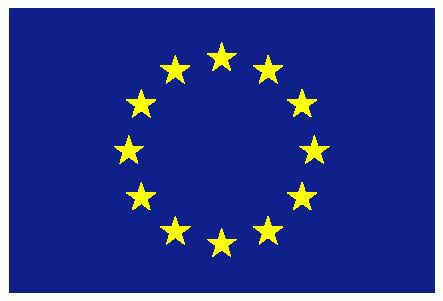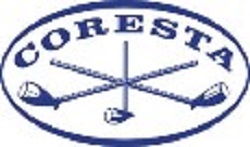The European Commission has no advice for France on how the country might reduce the size of its smoking population, but it expects the full impact of the measures already taken ‘will become apparent in the coming years’.
In a preamble to two questions asked of the Commission, Mireille D’Ornano, a French member of the EU parliament, said that, according to a study conducted by the French National Public Health Agency, cigarette consumption was still particularly high in France.
‘In 2016, 34.5 percent of the population in the 15-75 age bracket smoked tobacco, 83 percent of whom did so daily, which is a “much higher proportion than in neighbouring countries”,’ she said.
‘In France, smoking is the direct cause of 73,000 deaths each year.
‘Yet, according to the British think-tank the Institute of Economic Affairs, France has the third strictest anti-smoking policy in the EU.
‘It appears that France has already implemented the recommendations made by the World Health Organization for the World No Tobacco Day on 31 May, particularly with regard to the pricing and taxation of tobacco products.’
D’Ornano asked:
- ‘Does the Commission have any recommendations on how French anti-smoking policy can be made more effective?
- ‘Does the Commission intend to take ambitious measures against cross-border tobacco tourism and the sale of smuggled cigarettes?’
In its answer to the first question, the Commission said that for effective tobacco control, a comprehensive strategy was needed; one that addressed all aspects of tobacco prevention and consumption at EU, national and local levels. ‘As the honourable member mentions, France already has many tobacco control measures in place and has recently introduced plain packaging,’ it said. ‘We expect that the full impact of these measures will become apparent in the coming years.’
In answering the second question, the Commission said that the availability of both illicit and excessively cheap tobacco products, which might encourage cross-border purchasing, was a concern for the Commission.
‘To reduce the incentives for smuggling from the EU’s neighbouring countries, these are actively encouraged to approximate their fiscal charges to the levels set in the EU,’ it said.
‘Furthermore, Articles 15 and 16 of the Tobacco Products Directive aim to reduce illicit tobacco trade, including smuggling, through traceability and security features for tobacco products. These track and trace systems should be in place by May 2019 for cigarettes and roll-your-own tobacco and by May 2024 for all other tobacco products.
‘The Commission is currently working to prepare the necessary implementing legislation and an indicative implementation timeline has been published.’





